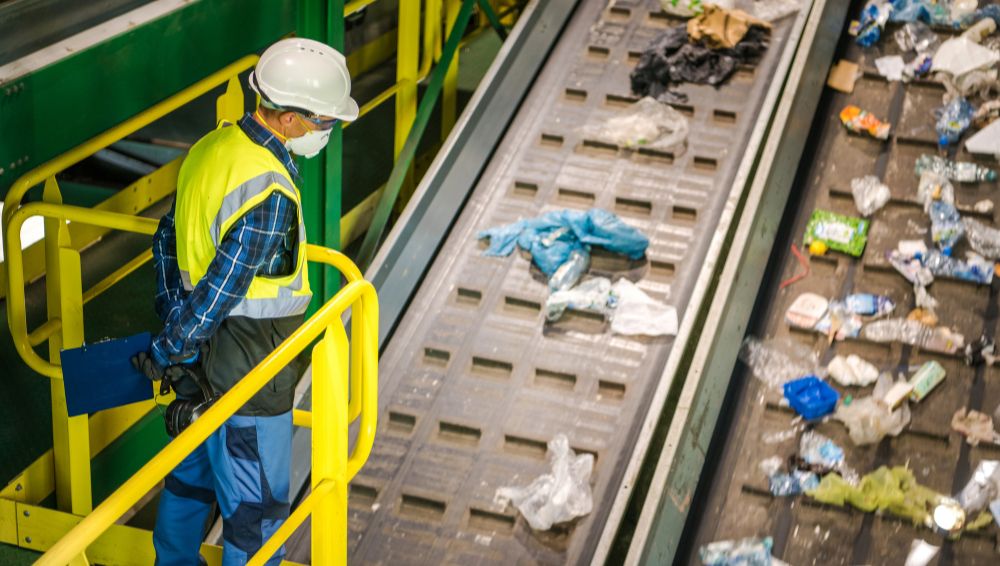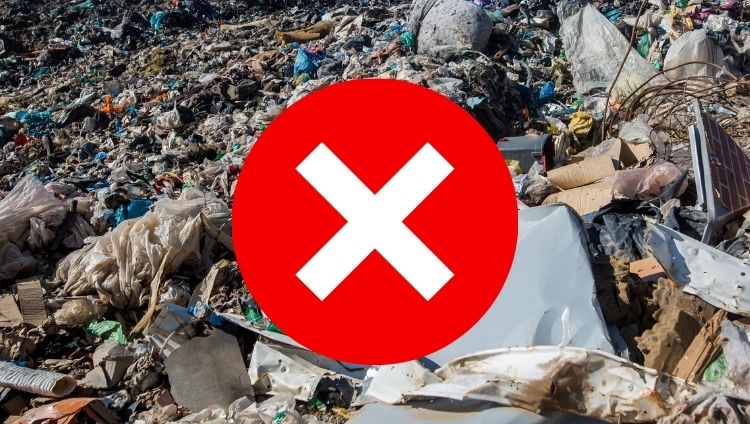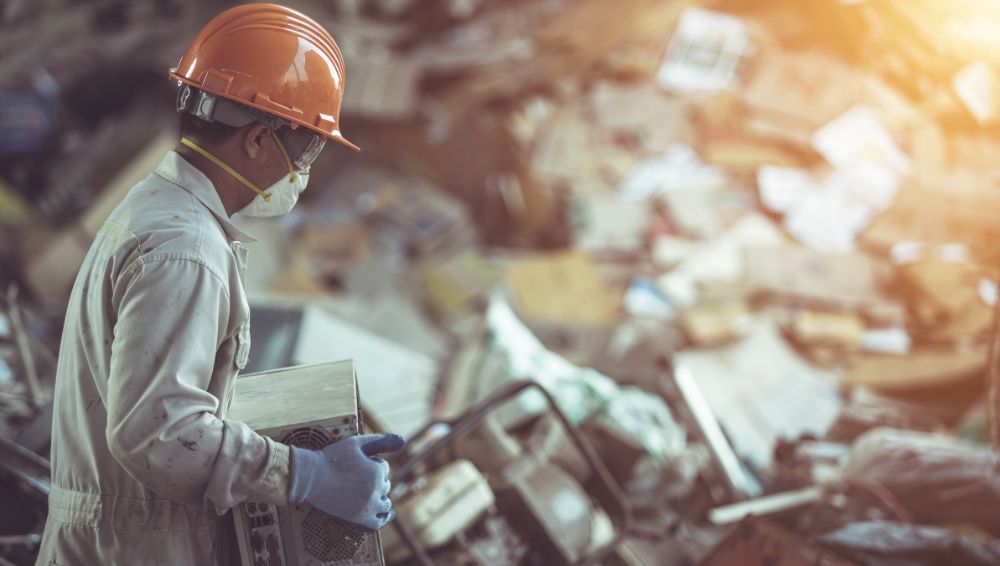How can we ensure that waste management is handled effectively, regardless of the city’s size or how rapidly it grows, and what is future waste management?
Many people do not notice the significance of waste management in city life. However, in the event of a problem, the consequences can be gruesome, requiring swift action from city management to avoid a crisis.
The system for waste collection and disposal can be complex and not always well-optimized, leading to potential weak points.
As cities expand, the urban population and consumption increase, resulting in more garbage handled by inefficient methods.
This can cause numerous environmental and social issues, beginning with piles of waste and overflowing bins and possibly leading to a health crisis. How can we prevent this from happening?
Related Post: What are the Social Benefits of Waste Management?
What is meant by Waste Management?
Ever thought about what happens to your waste once it’s thrown out? Imagine this: early in the morning, garbage trucks move through the streets, quietly picking up the trash from people’s homes, often while they’re still asleep.
After it’s collected, the waste is hauled off to a disposal site, which could be right around the corner or a few kilometers away, depending on where you live.
While it seems simple, getting the waste from bins to these sites can be a lot harder than it sounds. A lot of the time, poor communication and lack of proper oversight make the process more complicated than it needs to be.
This is why strong waste management systems are so important — they’re key to keeping our communities and environments clean and healthy.

What can go wrong with Waste Management?
As our cities grow and change, managing waste effectively becomes increasingly challenging. The rapid expansion of urban areas often exceeds the capacity of existing infrastructure to cope with the rising volume of waste produced by a larger population.
Moreover, changing behaviors driven by population growth can upset the balance of our urban environment. For instance, once peaceful streets now become congested with traffic, which impairs the efficiency of waste management services.
This congestion leads to overflowing garbage bins, creating not only an unsightly environment but also health risks due to the attraction of pests and diseases.
Despite these challenges, there is hope for improvement! By adopting more effective waste collection strategies, we can foster a cleaner, healthier, and more pleasant living environment in our vibrant city.

How can Modern Technologies Help in Future Waste Management?
Smart Waste Management
The advancement of waste management depends on technological advancements. Similar to other industries, the waste management sector needs to digitize and rely on data to progress.
The future lies in intelligent and competitive waste management solutions, with businesses expected to stay ahead of their rivals.
The price of these sensors is gradually decreasing, rendering smart waste bins increasingly affordable and appealing to companies and urban officials.
In a technologically advanced era, practicality holds great importance. Opting for suitable waste containers minimizes the necessity for manual garbage collection, resulting in decreased labor and time needed for the collection procedure, ultimately leading to improved profitability.

Solid Waste Management

Eco-Friendly Sustainability
The term “sustainability” has been in the media since the 19th century, but in recent times, the approach to sustainability in business models has gained significant importance.
Companies are now branding themselves as environmentally friendly to enhance their sustainability and establish a customer-friendly image.
Authorities view measuring demographic awareness regarding household and individual waste management practices and implementing measures as a profitable means to benefit society.
In the future of waste management, we will observe increased recycling efforts.
While recycling is a key component of waste management, encouraging more active public participation in establishing an efficient waste management system is essential.
Related Post: Why is Waste Management Important?
Frequently Asked Questions
What are the possible future effects of waste?
The improper handling of waste has severe consequences, such as polluting the world’s oceans, obstructing drainage systems and causing floods, spreading diseases, and exacerbating respiratory problems.
Due to burning, endangering animals that inadvertently ingest waste, and impeding economic development.
What are the main challenges of waste management?
The field of waste management poses several difficult issues, such as striking a balance between encouraging recycling and safeguarding consumers from hazardous chemicals in recycled materials, insufficient data gathering, quality concerns about recycling, waste-to-energy conversion, and waste disposal.
Is recycling the future?
Governments in developed countries have outlined environmental policies that indicate recycling will continue to grow in both size and scope over the next 25 years.
Related Post: What does Waste Management do with Recycling?
Conclusion
In conclusion, the future of waste management will involve converting waste to energy, implementing IoT-enabled practices, enhancing monitoring systems, collecting data, and other technological advancements.


